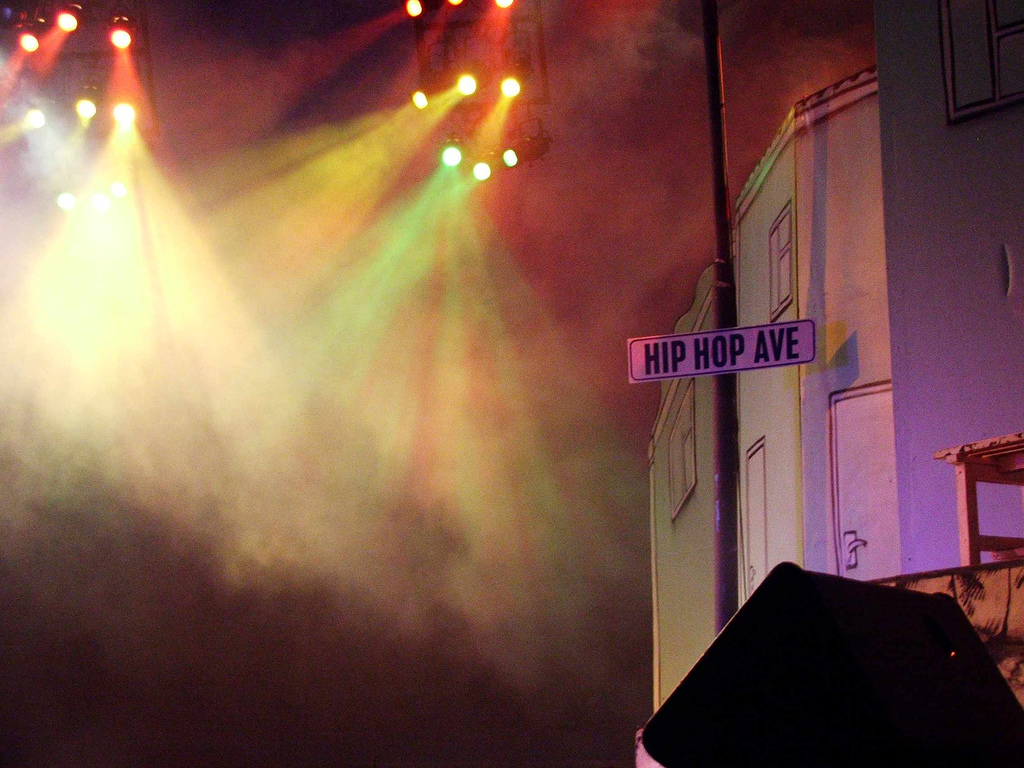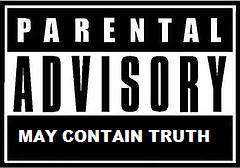Photo by Scott Williams via Flickr
Raise your hand if you like rap and hip-hop? If you’re like me you enjoy listening to both genres and when given the chance will blast Jay-Z or Kendrick Lamar. Within the last year I have noticed that rap and hip hop music has put a large spotlight on the Black community but given it’s content I’m not sure that’s a good thing.
Earlier this year Big Sean released his hit “I Don’t F— With You” featuring E-40. While it does have a great beat when you listen to the lyrics the content is questionable. The way he goes about depicting some Black men’s attitude after breaking up with their woman is heartbreaking. Now I’m not saying that Big Sean himself is a woman hater but the song could have expressed how he felt without using the word “b-tch” so many times.
In the 1980s, 90s, and even early 2000s rap and hip-hop was used to speak out on the struggles that the Black community faced like the fight against drugs and gun violence. While these problems are still prevalent in the Black community today, not many artists choose to use their platform to talk about these issues and their consequences. O.T. Genasis’ “I’m in Love With the CoCo” is an example of the glorification of drug usage and the disregard of authorities. In the video he is seen making “CoCo”, or cocaine with no worries of being caught as he quips “I’m in love with the coco/ I got it for the low, low” and “Heard the feds takin’ photos/ I know nothin’, f-ck the popo.”
Music in the last couple of years has also focused more on putting Black women down and objectifying them despite the fact that Black women already struggle to prove that they are more than what they are portrayed as in the media. The lyrics to Chris Brown’s “Loyal” explicitly call women out of their names and accuse them of being unfaithful saying “Oh these hoes ain’t loyal.” He then goes on to say how he can make a girl rich, but at the same time does not want to mess with them if they are broke. How are Black women supposed to overcome negative stereotypes about themselves with songs like these coming from Black males?
The Black community already struggles with obstacles from the outside that are meant to keep us down and impede our success and happiness. Kendrick Lamar addresses these problems in his latest album “To Pimp a Butterfly.” The album brings to light issues being ignored and overlooked in the community as he tries to draw people’s attention to it through his rhymes.
Now, I don’t want it to seem like I am only going after male rap and hip-hop artists because there are female artists who do the same thing in their music. Nicki Minaj, for example, is talented and has made a name for herself in the industry. However she repeatedly draws attention to two areas of Black women that are continuously hypersexualized: their breast and butt. Having a big butt and breasts seems to be adapted as characteristic of the Black female body despite the fact that this does not apply to all.
Music is a way of expression and I understand that. It can be used to get a message across but often becomes representative of a community and influences how others perceive individuals who are a part of that community. Rap and hip-hop are a big component of the Black community and we should be careful of the images that our music puts out there. Not all Black people are like the ones we hear about in our favorite songs.


